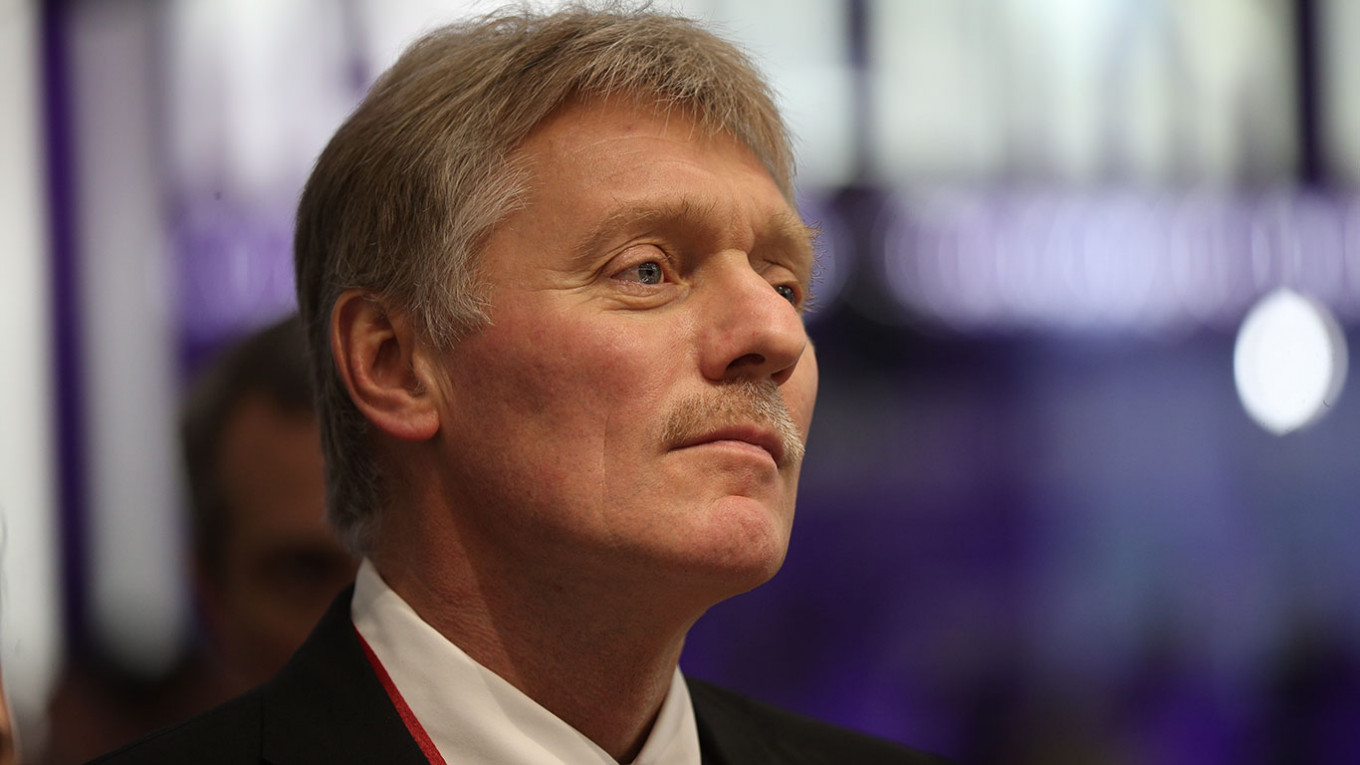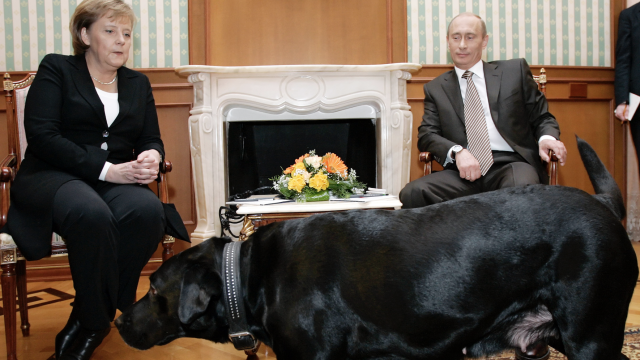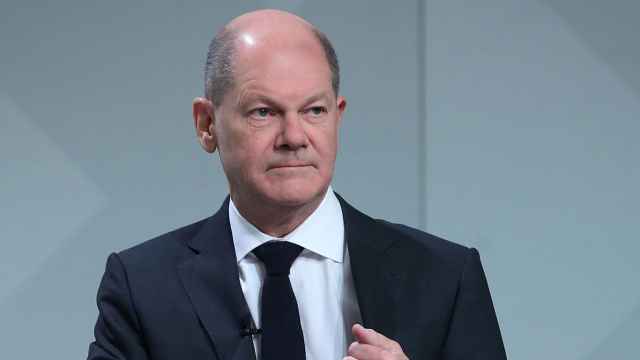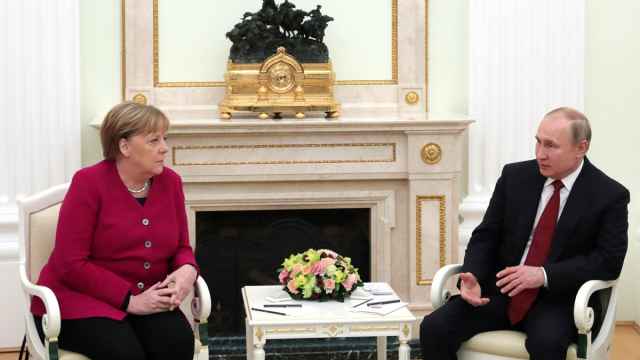The Kremlin wants continuity in relations with Germany, one of Russia's largest trading partners in Europe, President Vladimir Putin’s spokesman said Monday as Germany’s tight election results have led to coalition talks.
“Of course, we count on continuity in our bilateral relations,” Kremlin press secretary Dmitry Peskov told reporters, as quoted by the state-run TASS news agency.
“Germany, of course, is our very large trade, economic and investment partner. We are interested in our relations continuing and developing further,” he added.
Peskov spoke to reporters the day after Germany held its first vote in 16 years where Chancellor Angela Merkel was not running for re-election. Preliminary results give the rivals of Merkel’s conservative alliance, the center-left Social Democrats (SPD), a narrow victory with 25.7% of the vote.
Peskov, commenting on the prospects of Germany’s coalition talks in the 735-seat Bundestag, called the process “long and complex, so let us wait and see.”
“We are also watching with great attention what is happening, what are the results,” Putin said of the German parties’ coalition talks, which could take as long as weeks or months.
With Merkel's political career ending, Peskov emphasized that Putin, who has ruled Russia for over 20 years, is also a supporter of the idea of a transfer of power — but noted that “it shouldn’t be an obsession that gets in the way of work.”
“Everything is good in moderation,” Putin’s spokesman said.
Russia held its own parliamentary elections on Sept. 17-19, in which Putin’s party secured a supermajority in the lower house despite widespread claims of fraud, an unprecedented crackdown on the opposition, as well as on independent candidates and media.
The German government had said that that Russia’s elections into the State Duma were marred by reports of widespread irregularities.
A Message from The Moscow Times:
Dear readers,
We are facing unprecedented challenges. Russia's Prosecutor General's Office has designated The Moscow Times as an "undesirable" organization, criminalizing our work and putting our staff at risk of prosecution. This follows our earlier unjust labeling as a "foreign agent."
These actions are direct attempts to silence independent journalism in Russia. The authorities claim our work "discredits the decisions of the Russian leadership." We see things differently: we strive to provide accurate, unbiased reporting on Russia.
We, the journalists of The Moscow Times, refuse to be silenced. But to continue our work, we need your help.
Your support, no matter how small, makes a world of difference. If you can, please support us monthly starting from just $2. It's quick to set up, and every contribution makes a significant impact.
By supporting The Moscow Times, you're defending open, independent journalism in the face of repression. Thank you for standing with us.
Remind me later.






